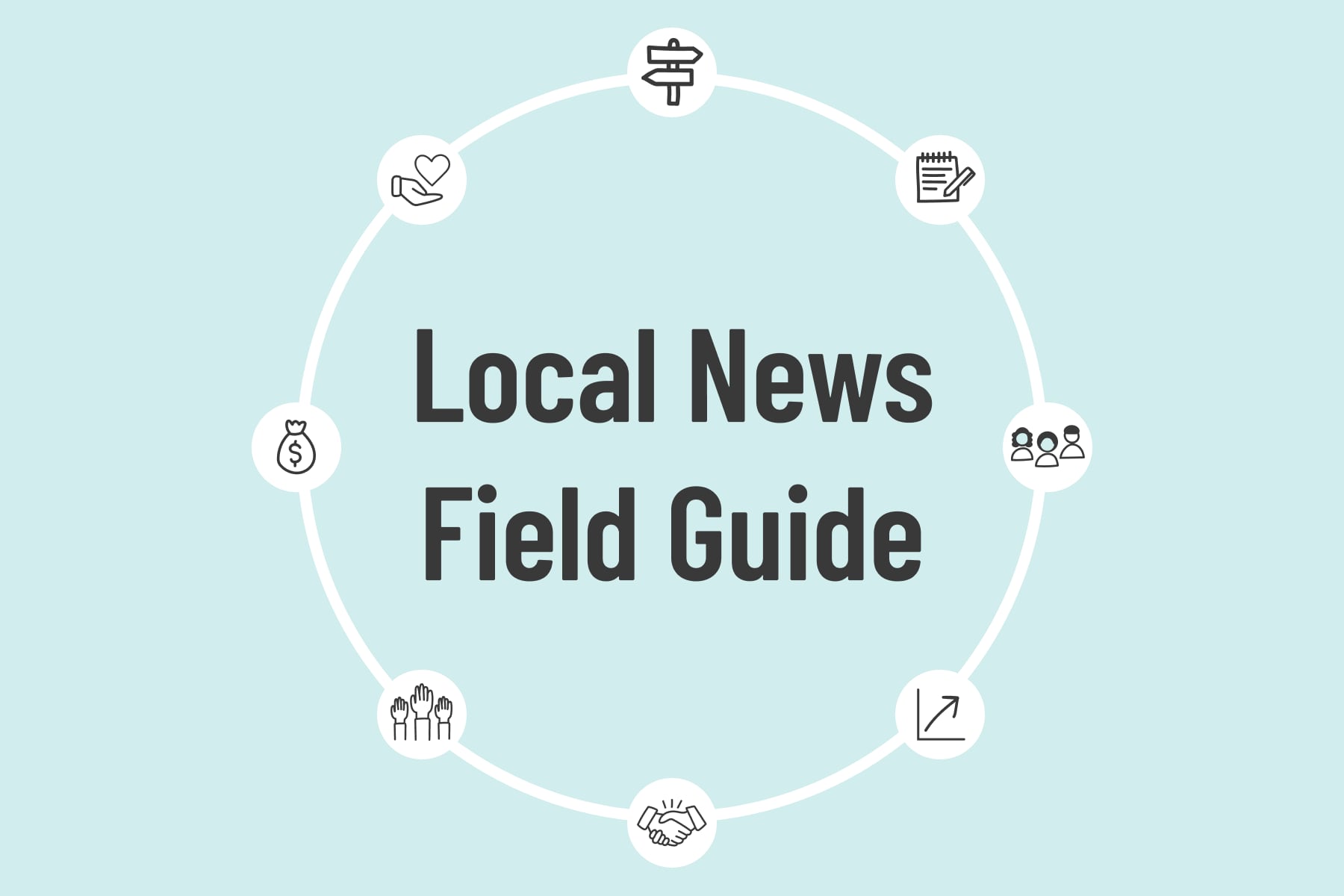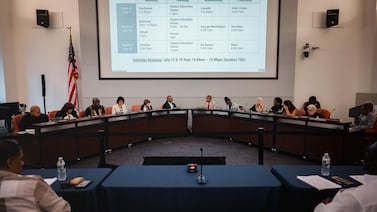Four years ago, I joined the team at Chalkbeat because I knew this was a special place. At a time when most news organizations were shrinking, Chalkbeat was achieving the miraculous — steadily growing while holding firm to a public interest mission that served students, parents, and communities.
What I’ve learned since is that this success has not come instantly or easily. Instead, it follows years of crafting an approach that combines three remarkable things: A business model that marries mission with revenue, the courage to reject conventional wisdom, and the grit to double down on what matters most without getting distracted by the constant barrage of red herrings.
In partnership with the Google News Initiative, we at Chalkbeat created a Local News Field Guide to share these lessons we’ve learned since our founding almost ten years ago. The Field Guide is designed to help existing local news organizations that are looking to revitalize how they operate. It includes insights on strategic planning, developing a master narrative, diversifying your audience, tracking impact, collaborations, DEIB (diversity, equity, inclusion, and belonging), earned revenue, and fundraising.
Read the Local News Field Guide →
The through line for each of these lessons is that if something is truly important to your organization (impact, DEIB, sustaining revenue, etc.), it must be tackled from every angle, in every department, from leadership to entry level.
For example, take our approach to DEIB. DEIB is not just an HR statistic for us. Yes, we are proud of our progress — our staff is 46% BIPOC, women of color represent four out of six members of Chalkbeat’s all-female leadership team, and Chalkbeat’s board is made up of 50% people of color — but some of the hardest DEIB work involves building authentic relationships with diverse audiences to further our journalistic impact. We find as many ways to listen as possible. We send out surveys and callouts to learn what’s on teachers’ and parents’ and students’ minds. We continuously host community events, both in-person and virtually, to learn from each other. We have a Reader Advisory Board. Prior to the pandemic, we hosted in-person office hours at community centers and neighborhood events. We audit our own work — monitoring the diversity of our sources and contributors — with the aim to constantly improve. We proactively use people-first language in our news coverage, marketing emails, and grant applications. For us, DEIB is not just a committee (although we have committees, too!) – it’s embedded in what we do.
Our business model, too, represents an innovative approach that is woven into our very core. We are incorporated as a nonprofit because we are mission driven, but also because we have long understood that philanthropic dollars have massive potential to help restore the local news ecosystem. We’ve oriented our newsroom to care much more about impact (and less about, say, page views), and it’s paid off: Last year, 85 percent of our $12+ million budget was funded by foundations and major donors. We also focus our newsroom on a single topic, both because this generates excellent journalism, but also because it enables us to raise outsize philanthropic dollars for local news. We’re exceptionally good at working with local foundations that care deeply about education but may have never given to local news before: 83 percent of our funders were first-time donors to local news. And even better, these funders stuck around: In 2019, 75% of the grants that were up for renewal that year were renewed.
Chalkbeat is more than a decade into its journey to rethink how local news can exist in the world. We have stumbled frequently, but we always look to do better the next time. The Local News Field Guide codifies many years’ worth of lessons learned, and we hope it helps others build the local news organizations that our communities deserve.





